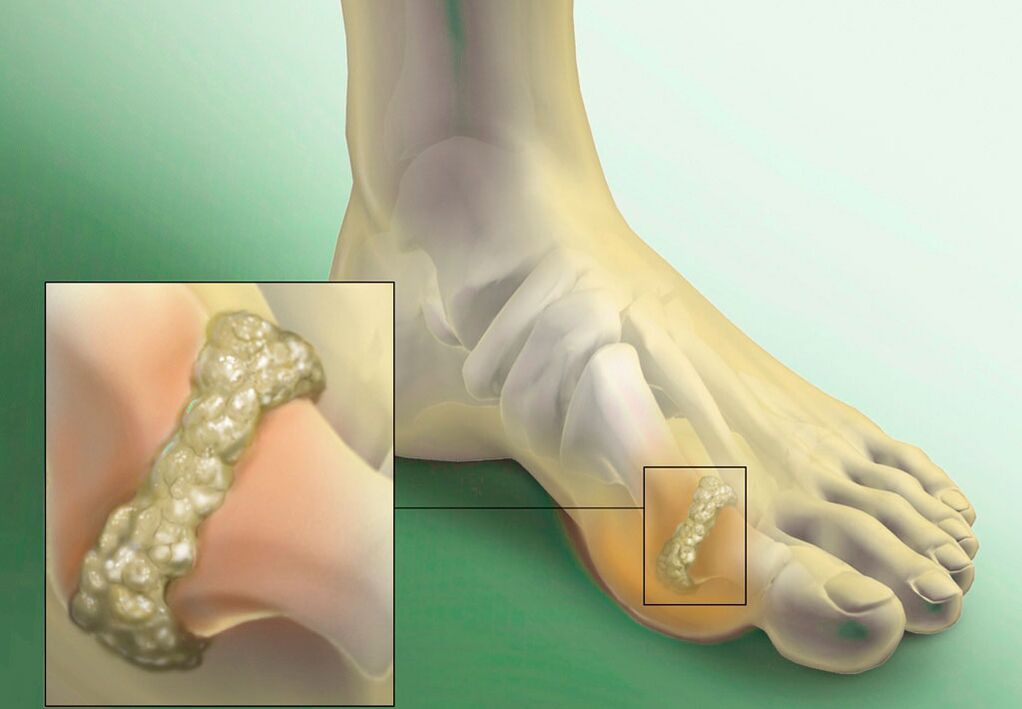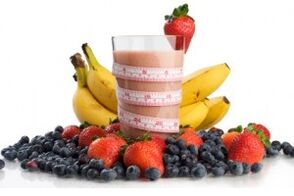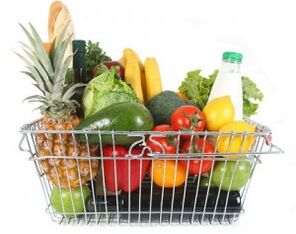The modern world is full of culinary temptations of all kinds. At every step we come across shops with bars, french fries, rolls, pies and other things that may seem tasty but will sooner or later lead to stomach and digestive problems in general.
In ancient times, when such diseases appeared, the patient did not know the methods of treatment and led a usual lifestyle, which exacerbated his condition, which ultimately led to disastrous consequences, and sometimes even death.
There are now many treatment options for gastrointestinal and gastrointestinal disorders. However, for their successful treatment, you need to limit yourself and completely revise your usual diet.
What do we call gout?

Gout is a disease that is directly related to a disorder in the human body. In gout, salts of uric acid are retained in the joint tissue, which leads to very serious consequences. Gout was first mentioned in the period when Hippocrates was alive, then there were many of its manifestations.
Fortunately, at around three cases per thousand population, the disease is now rarer, although outbreaks have become more frequent in recent years.
Such an increase in the percentage of morbidity in this disease is related to food and the amount that people ingest.
Initially, an acute increase in the concentration of uric acid in a person's blood leads to the disease. Derivatives of this concentration are transported through the body with the help of the blood and are deposited in joints, muscles and even organs. Such deposits are dangerous because the infected tissue can be destroyed. An increase in the concentration of this acid is caused by the fact that the kidneys do not have time to process and remove its excess production from the body. The problem can also occur due to disease and kidney malfunction.
The first symptoms of the condition are joint pain, redness of the big toes, and fever. It is worth noting that if you do not go to the doctor at the first symptoms and delay the disease, the affected joint will be completely destroyed, resulting in disability, and if the organ is destroyed, then constant pain and death are possible. That is why it is necessary to take the disease as seriously as possible.
The manifestation of gout directly depends on how and what a person eats and how they live. It is not without reason that gout was formerly referred to as the "disease of kings", since an inactive lifestyle, the constant consumption of fatty, heavy food, and excessive consumption of alcoholic beverages all together cause metabolic problems and thus similar diseases. Therefore, in the treatment of gout, strict adherence to an appropriate diet and a diet designed to reduce acid production is considered to be very important, and even the most important point. To determine the level of uric acid in the blood, all you need to do is donate blood for analysis.
How do you eat right?

The specificity of developing a diet for patients with gout is aimed at restoring uric acid metabolism in the body. If you do not take urgent action to restore these levels, excess acids (sodium urate) will be debugged throughout the body, causing widespread inflammation.
In addition to setting the necessary diet, doctors advise drug treatment, as well as persistent physiotherapeutic procedures. Additionally, a person with gout is recommended to lead a more active lifestyle, walking, and getting exercise in the fresh air.
Regarding diet, it should be noted that a necessary step will be the elimination of a number of contraindicated foods from the diet. If the disease worsens, then you can not eat fish and meat, it is imperative to arrange fasting days at least twice a week, and ideally every other day.
Fasting days for a gout patient are:
- Fruit and vegetables. You need to eat one and a half kilograms of fruits per day that are approved by the diet.
- Milk and kefir. In this case, the patient must drink up to two liters of this liquid a day.
- Cottage cheese and kefir. It is necessary to eat four hundred grams of cottage cheese and drink half a liter of kefir.
Such fasting days are useful in that they help dissolve and remove uric acid in the body. When the disease worsens, the patient can continue to eat fish and meat, but only steamed, boiled or baked. Remember that you need to eat these products a maximum of three times a week and not more often.
It is necessary to adhere to the correct water regime. You need to drink about three liters of clean water every day. You need to drink it an hour before meals during an exacerbation of the disease. If there is no exacerbation, then the water can be replaced with another liquid, the main thing is that it is natural and fresh. You can also drink alkaline mineral water.
Fasting is contraindicated in gout, in this case the level of acid rises sharply, it is better to eat little, but often.
Recommended menu for gout
With gout, you need to eat natural and healthy foods. You can put together a menu for each day from these products, but you should discuss the dosage with your doctor, as the diet can be individual for everyone.
List of Acceptable Products:
- Meat products: turkey, rabbit, chicken; Chicken eggs.
- Lean fish; Seafood: squid, shrimp.
- Grains: wheat groats, oatmeal, millet, rice, buckwheat.
- Pasta; Black and white bread.
- Vegetables: white cabbage, zucchini, eggplant, cucumber, beet, potatoes, carrots.
- Onions, garlic, dill.
- Fruits: citrus fruits, apples, pears, apricots, melons and watermelons, peaches.
- Berries: anything is possible except grapes and raspberries; Dried fruits, except raisins; Nuts.
- Sweet: non-chocolate, candy, jam, jam, marshmallow, honey.
- Natural drinks: juices, fruit drinks, fruit drinks, kvass, an hour with lemon, rose hip or bran broth.
- First courses without broth, olive oil; second courses are cooked or steamed products.

You can eat other foods, but in small quantities, such as cooked sausages, bacon, sausages. You can eat tomatoes and plums about two a day and about twice a week.
Salt should be completely avoided or its use significantly restricted. It is better to cook food completely without salt and add a little salt to the prepared food that is already on the table. Of course, pickles, pickles and most spices should be removed from the menu.
It is recommended to reduce the consumption of foods containing protein (especially red meat), as the accelerated metabolism of proteins causes an increase in the concentration of urate. If you are overweight, you should also limit foods containing carbohydrates (especially baked goods, pastries).
Honey and figs, plums, grapes, some vegetables and root crops (beet, celery, rhubarb, cauliflower, pepper) and mushrooms should only be included in your diet in remission.
Otherwise, it is necessary to consult a doctor who will prescribe a more detailed diet for a certain degree of the disease.























